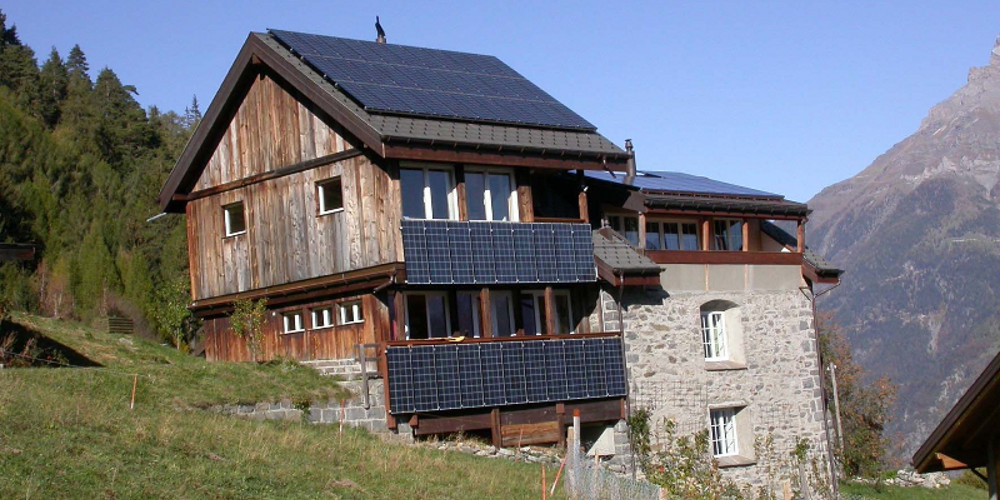In the referendum held on Sunday, around 58.2% of voters approved the Energiestrategie 2050, Switzerland’s new energy strategy that aims to reduce dependence on fossil fuels and power imports, and to push for more renewable energy.
The new strategy also envisages that no more permits for new nuclear power plants will be released, with the existing plants expected to remain operational as long as they will be safe, said the Swiss president Doris Leuthard.
The levy financing renewable energy development will be raised from CHF 0.015 ($0.010)/kWh currently, to CHF 0.023/kWh in the coming years. New revenue from the levy is expected to finance the further deployment of renewables. At the same time, however, the levy is expected to be terminated over the next years, with renewables being able to compete in the market. The government will now have to adapt energy legislation to the provisions included in the referendum in the next months. In addition to renewable energies, the Swiss government intends to further promote energy efficiency through a specific support program.
Swiss PV association Swissolar welcomed the result of the referendum. President Roger Nordmann said that solar thermal and PV will both play a central role in the country's future energy supply scenario. Solar energy, Nordmann added, will become the second most important energy source after hydropower, which in the future plans of the government is expected to receive a support of 120 million CHF ($123.6 million).
Popular content
According to Swissolar, approximately half of Swizerland’s power demand could theoretically be met by rooftop PV or systems installed on façades. The association said that power production from PV should raise to 17 TWh by 2035. This would allow to cover approximately two thirds of what nuclear power is currently generating.
The first package of measures of the Energiestrategie 2050 should create the conditions for the achievement of this target, with sinking solar prices and higher power prices supporting this development”, the association concluded.
This content is protected by copyright and may not be reused. If you want to cooperate with us and would like to reuse some of our content, please contact: editors@pv-magazine.com.



By submitting this form you agree to pv magazine using your data for the purposes of publishing your comment.
Your personal data will only be disclosed or otherwise transmitted to third parties for the purposes of spam filtering or if this is necessary for technical maintenance of the website. Any other transfer to third parties will not take place unless this is justified on the basis of applicable data protection regulations or if pv magazine is legally obliged to do so.
You may revoke this consent at any time with effect for the future, in which case your personal data will be deleted immediately. Otherwise, your data will be deleted if pv magazine has processed your request or the purpose of data storage is fulfilled.
Further information on data privacy can be found in our Data Protection Policy.